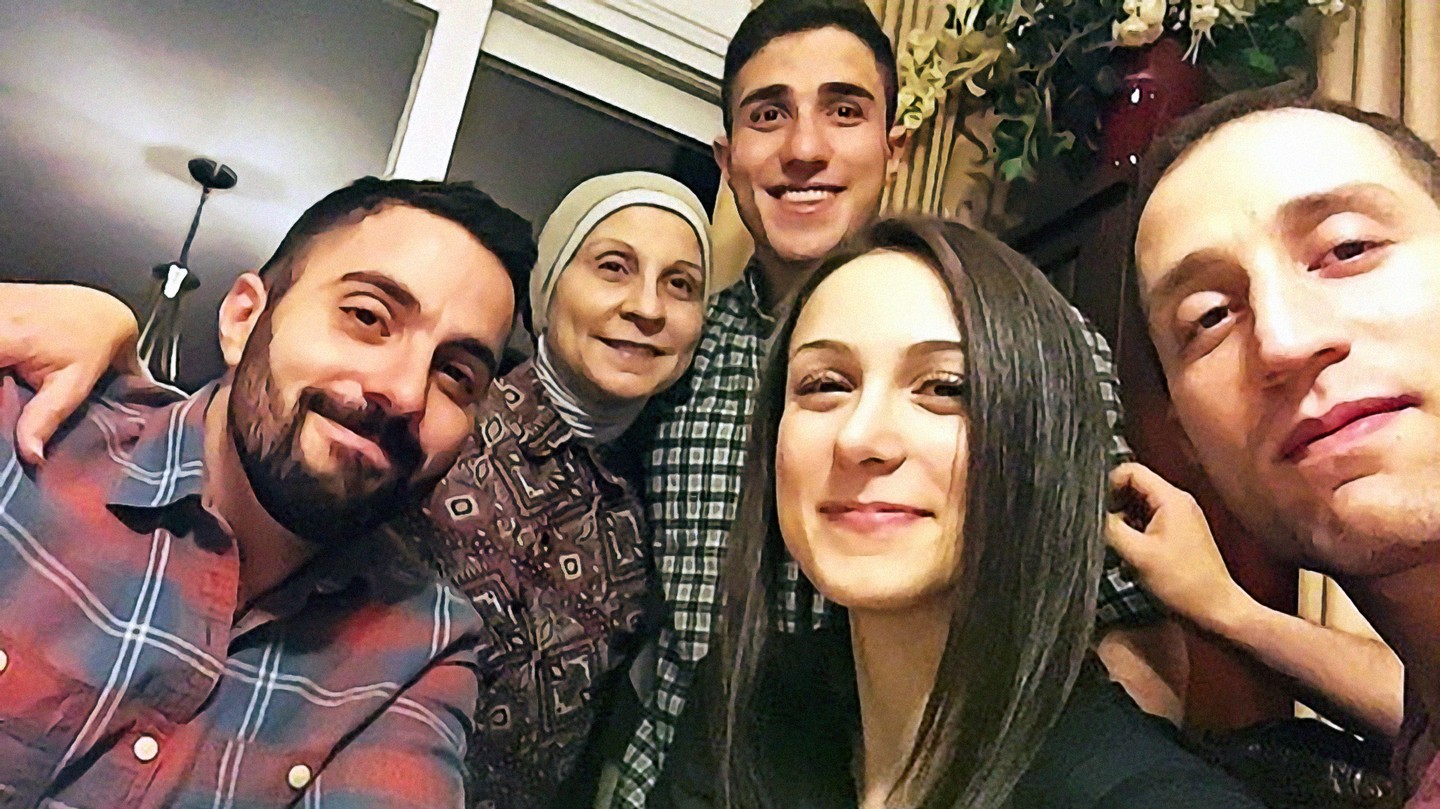Looking to Teach or Study Mixed Race Studies? Visit MixedRaceStudies.org!Posted in Articles, Media Archive, My Articles/Point of View/Activities, Teaching Resources on 2017-08-29 03:11Z by Steven |
Looking to Teach or Study Mixed Race Studies? Visit MixedRaceStudies.org!
MixedRaceStudies.org
2017-08-01
Steven F. Riley, Creator/Founder
Whether you are a professor finalizing your syllabus for the next semester or just plain curious about the topic of multiracialism, please take a moment to visit MixedRaceStudies.org! With a repository of nearly 12,000 posts that consists of a bibliography of over 1,600 books, over 7,000 articles, and a multitude of other resources, this website is the best resource in the field of mixed-race studies.
MixedRaceStudies.org has been called by a preeminent scholar, “the most comprehensive and objective clearinghouse for scholarly publications related to critical mixed-race theory” and by an up and coming scholar, “probably the singularly most valuable tool in my work.”
Please join the 100,000+ visitors each month who make MixedRaceStudies.org the go-to resource for mixed-race studies!
PS: If you don’t quite have the time to search through the vast number of posts, just spend a few moments checking out some of the fascinating quotes and excerpts from the website to get a small sample of what is available.







